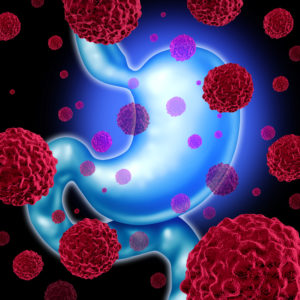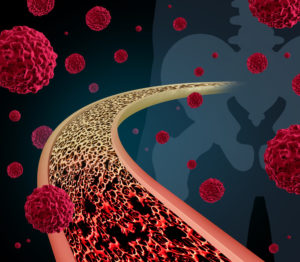
While cancer treatment often includes surgery, even a few missed cells can lead to recurrence and metastasis. Recent development of a “smart probe” that pinpoints cancer cells may greatly improve the effectiveness of surgical options.
Challenges of Surgery as Cancer Treatment
Removal of solid tumors can still leave behind stray cells that evade detection by MRI or CT. In some cases, surgeons end up damaging otherwise healthy tissue in an effort to excise all diseased cells.
Extensive studies by an interdisciplinary team at Tel Aviv University culminated in development of a nanoprobe that literally shines a light on cancer cells. When injected into a patient a few hours before surgery begins, the probe can alert the surgeon to the presence of cancer cells that might have been missed.
“Shedding a Light” on Cancer Cells
The probe is activated by the presence of an enzyme known as cysteine cathepsins, which occurs in higher numbers in tumor cells than in healthy cells. When the probe identifies cancerous cells, it triggers a fluorescent signal in those areas, while healthy tissue remains dark.
In tests conducted on mice with melanoma and breast cancer, the survival rate of mice that underwent probe-assisted surgery was double that of the mice who received regular surgery. Now that the team has registered patents for the technology, the next step is to start clinical trials with hopes of commercially marketing the probe.
Issels®: The Leader in Personally Developed Cancer Treatment
Our comprehensive cancer treatment programs incorporate a wide range of methods in order to address each patient’s individual needs. Contact us to learn more about the “Issels® Difference.”





